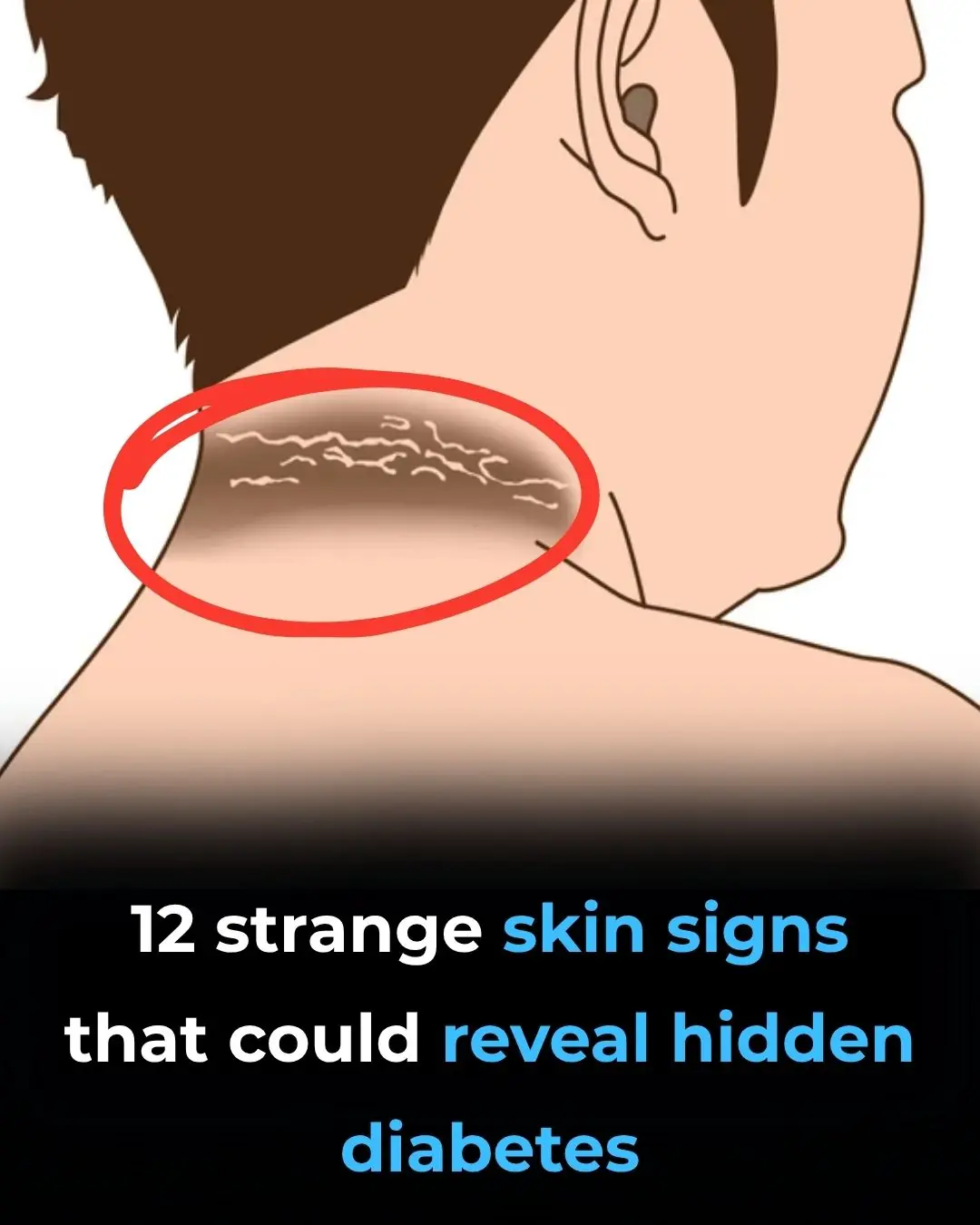
9 Signs of Diabetes That Appear at Night: What You Need to Know!

Diabetes often develops quietly, progressing over months or even years without obvious symptoms. Many of its earliest warning signs, however, tend to appear or worsen at night—when blood sugar levels fluctuate more dramatically.
Recognizing these nighttime signals early can help you prevent serious complications, restore balance to your metabolism, and take back control of your health.
⚠️ 1. Frequent Nighttime Urination (Nocturia)
Waking up several times during the night to urinate may be more than just a nuisance — it can be a sign of elevated blood sugar.
When glucose levels are too high, the kidneys must work overtime to filter and remove excess sugar from your bloodstream. This process draws water from your body, causing increased urination and dehydration.
How to manage:
-
Limit fluid intake 1–2 hours before bed (especially sugary or caffeinated drinks).
-
Eat a light, low-carb dinner to prevent sugar spikes.
-
If this continues for more than a few nights, have your blood sugar levels checked promptly.
💦 2. Night Sweats (Excessive Sweating During Sleep)
Sweating during sleep can signal low blood sugar (hypoglycemia). When your glucose drops too low, your body releases adrenaline to raise it again — which can lead to sweating, rapid heartbeat, restlessness, or vivid dreams.
People who take insulin or certain diabetes medications may be more prone to this symptom.
How to manage:
-
Have a small, protein-based snack before bed (e.g., a handful of nuts or half an apple).
-
Avoid alcohol or skipping dinner, as both can trigger overnight sugar crashes.
-
Track your nighttime glucose patterns if you use a continuous glucose monitor (CGM).
😴 3. Extreme Fatigue or Insomnia
Blood sugar swings can make restful sleep difficult. High glucose causes dehydration and restlessness, while low glucose can lead to hunger or weakness that wakes you up in the night.
Over time, poor sleep can worsen insulin resistance — creating a vicious cycle.
Solutions:
-
Maintain a consistent bedtime routine and limit screen exposure before sleep.
-
Eat a balanced dinner with fiber and lean protein, avoiding refined carbs.
-
Keep your bedroom cool, dark, and quiet for better sleep quality.
👁️ 4. Blurred Vision at Night
If your vision becomes fuzzy or unfocused—especially in dim light—it may be due to high glucose causing the eye lens to swell. The effect can come and go as sugar levels fluctuate.
Solution:
-
Stay hydrated and monitor blood sugar regularly.
-
Schedule annual eye exams to detect early retinal changes.
-
If blurriness worsens suddenly, seek medical attention immediately.
🦶 5. Tingling or Numbness in Feet and Hands
A tingling or “pins-and-needles” sensation at night can indicate diabetic neuropathy, a form of nerve damage caused by prolonged high blood sugar.
Symptoms may intensify when lying down because of reduced blood circulation.
Solutions:
-
Engage in daily exercise like walking or cycling to improve circulation.
-
Gently massage your legs or feet before bed.
-
Eat foods rich in Vitamin B12 and magnesium (spinach, almonds, salmon).
-
Avoid smoking, which further restricts blood flow.
🍽️ 6. Unusual Hunger or Thirst at Night
Waking up thirsty or craving snacks late at night can occur when cells fail to absorb glucose properly. Despite high blood sugar, your body still “thinks” it needs more energy.
Solutions:
-
Eat balanced meals with slow-digesting carbs (oats, beans) and protein.
-
Avoid sugary or salty snacks at night — they cause more dehydration.
-
Keep a glass of water, not juice or soda, by your bedside.
🌡️ 7. Dry Mouth or Dehydration
High blood sugar forces the body to remove excess glucose through urine, taking water with it. This leads to dry mouth, chapped lips, and dehydration that often worsen overnight.
Solutions:
-
Drink plenty of plain water throughout the day.
-
Use a humidifier if your bedroom air is dry.
-
Avoid caffeine and alcohol before bed, as both increase dehydration.
💔 8. Restless Legs or Muscle Cramps at Night
Uncontrolled diabetes can lead to poor circulation and electrolyte imbalances, which trigger cramps, twitching, or restless leg syndrome during sleep.
Solutions:
-
Eat foods high in potassium and magnesium (bananas, leafy greens, yogurt).
-
Do gentle stretching or yoga before bed.
-
Make sure to stay hydrated during the day.
🔥 9. Slow-Healing Wounds or Itchy Skin at Night
If you notice that small cuts, scratches, or insect bites take unusually long to heal, or your skin feels persistently itchy—especially on your legs or feet—it may signal reduced blood flow and nerve damage.
Solutions:
-
Keep your skin moisturized with unscented lotion.
-
Avoid scratching and use gentle, pH-balanced cleansers.
-
Check your glucose regularly and consult a dermatologist if symptoms persist.
🩺 How to Prevent and Treat These Nighttime Symptoms
1. Monitor Blood Sugar Regularly
-
Check your glucose before bed and upon waking.
-
Aim for fasting levels between 70–100 mg/dL (consult your doctor for your target range).
2. Eat a Balanced Diet
-
Prioritize high-fiber, low-sugar foods like whole grains, lentils, leafy greens, and lean proteins.
-
Avoid refined carbs (white rice, pastries, sweetened drinks).
-
Eat smaller, more frequent meals to prevent sugar spikes.
3. Exercise Daily
-
Get 30–40 minutes of moderate activity such as brisk walking, cycling, or swimming.
-
Avoid lying down immediately after meals.
4. Stay Hydrated
-
Water helps flush out excess glucose and supports kidney function.
5. Manage Stress
-
High stress increases cortisol, which raises blood sugar.
-
Try deep breathing, yoga, or meditation before bed.
6. Sleep Well (7–8 hours)
-
A consistent sleep schedule stabilizes hormones that regulate insulin and glucose metabolism.
🍎 Best Foods for Blood Sugar Control
✅ Eat More Of:
-
Avocado – helps lower insulin resistance.
-
Berries (blueberries, raspberries) – packed with antioxidants.
-
Apples (with peel) – rich in fiber and polyphenols.
-
Citrus fruits (oranges, lemons) – slow glucose absorption.
-
Oats, chia seeds, flaxseeds – support steady energy.
-
Leafy greens – improve insulin sensitivity.
❌ Avoid or Limit:
-
Sugary desserts and refined carbs (white bread, pasta, white rice).
-
Processed meats and fried foods.
-
Sweetened drinks or alcohol before bed.
-
Late-night snacking.
🚫 Habits to Stop Immediately
-
Skipping meals or breakfast.
-
Eating dinner too late (after 9 PM).
-
Drinking alcohol before bed.
-
Staying sedentary after eating.
-
Ignoring thirst or dehydration.
-
Constantly consuming sugary drinks.
-
Sleeping less than 6 hours a night.
🌟 Summary Table
| Symptom | Likely Cause | What to Do |
|---|---|---|
| Night sweats | Low blood sugar | Eat a small bedtime snack |
| Frequent urination | High blood sugar | Check glucose, reduce carbs |
| Fatigue | Sugar imbalance | Eat regularly + exercise |
| Tingling legs | Nerve damage | Stretch, improve circulation |
| Night thirst | Dehydration | Drink water, avoid sugar |
| Itchy skin | Poor circulation | Moisturize, monitor glucose |
⚕️ Final Thoughts
If you experience night sweats, frequent urination, tingling, or unexplained fatigue, don’t ignore these warning signs. Consult your doctor and get your blood sugar tested as soon as possible.
By making early lifestyle changes—balanced nutrition, daily exercise, stress management, and quality sleep—you can slow, stop, or even reverse the progression of diabetes and maintain full metabolic health naturally.
News in the same category


Doctors REVEAL that guava leaf tea causes in...
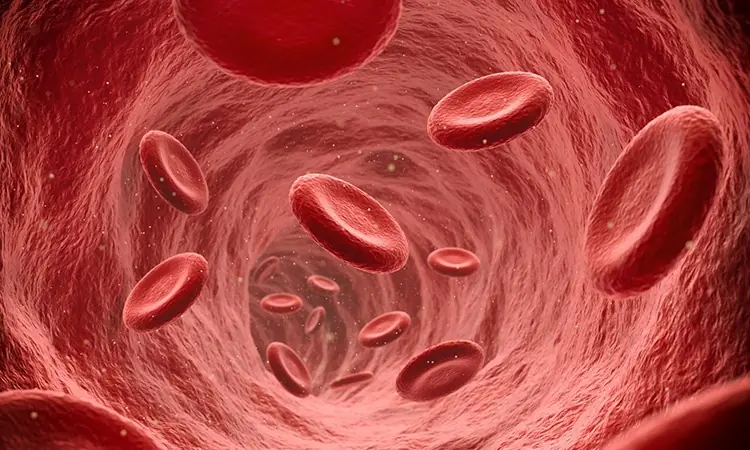
Simple Ways to Lower Cholesterol Naturally

10 Simple Lifestyle Changes That Drastically Reduce Your Stroke Risk
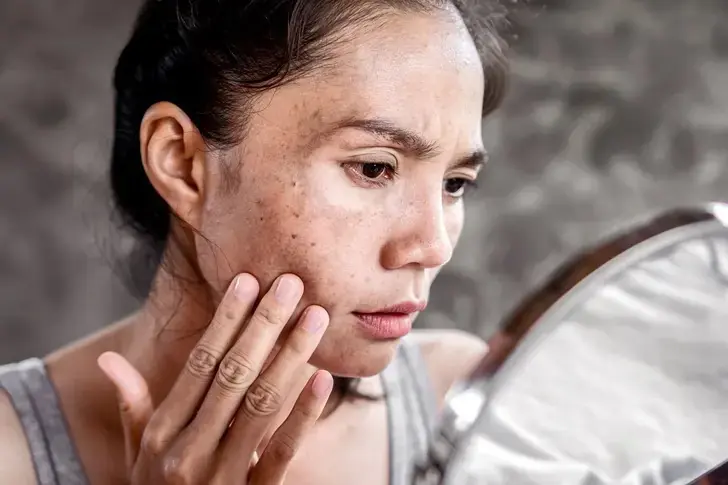
How to Remove Age Spots Naturally with Lemon Juice

Molasses Stops Insulin Resistance Almost Immediately — Here's How to Use It
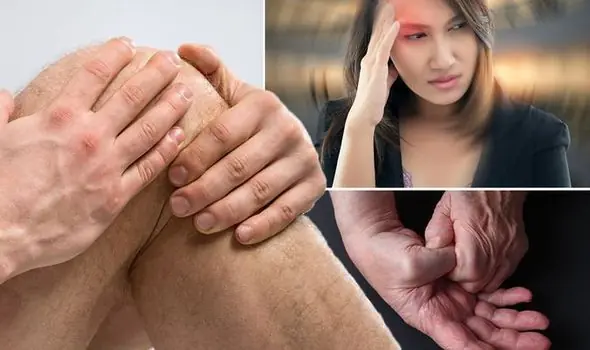
15 Silent Signs You’re Dangerously Low on Vitamin B12

The Potassium Powerhouse: What Eating Bananas Daily Does to Your Blood Pressure
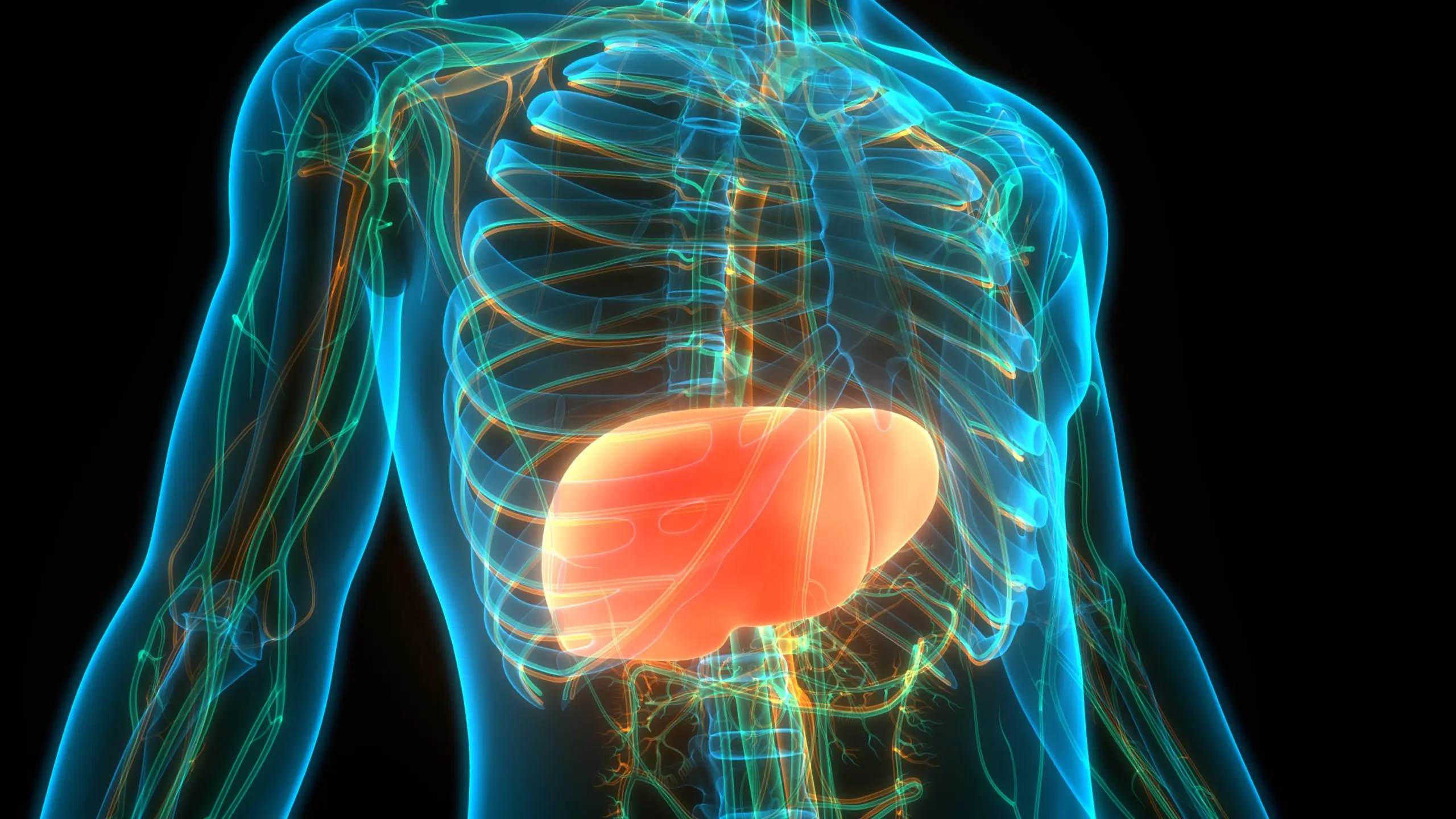
A Powerful Two-Ingredient Mixture for Cleansing Your Liver

One Vitamin That Could Transform Your Circulation
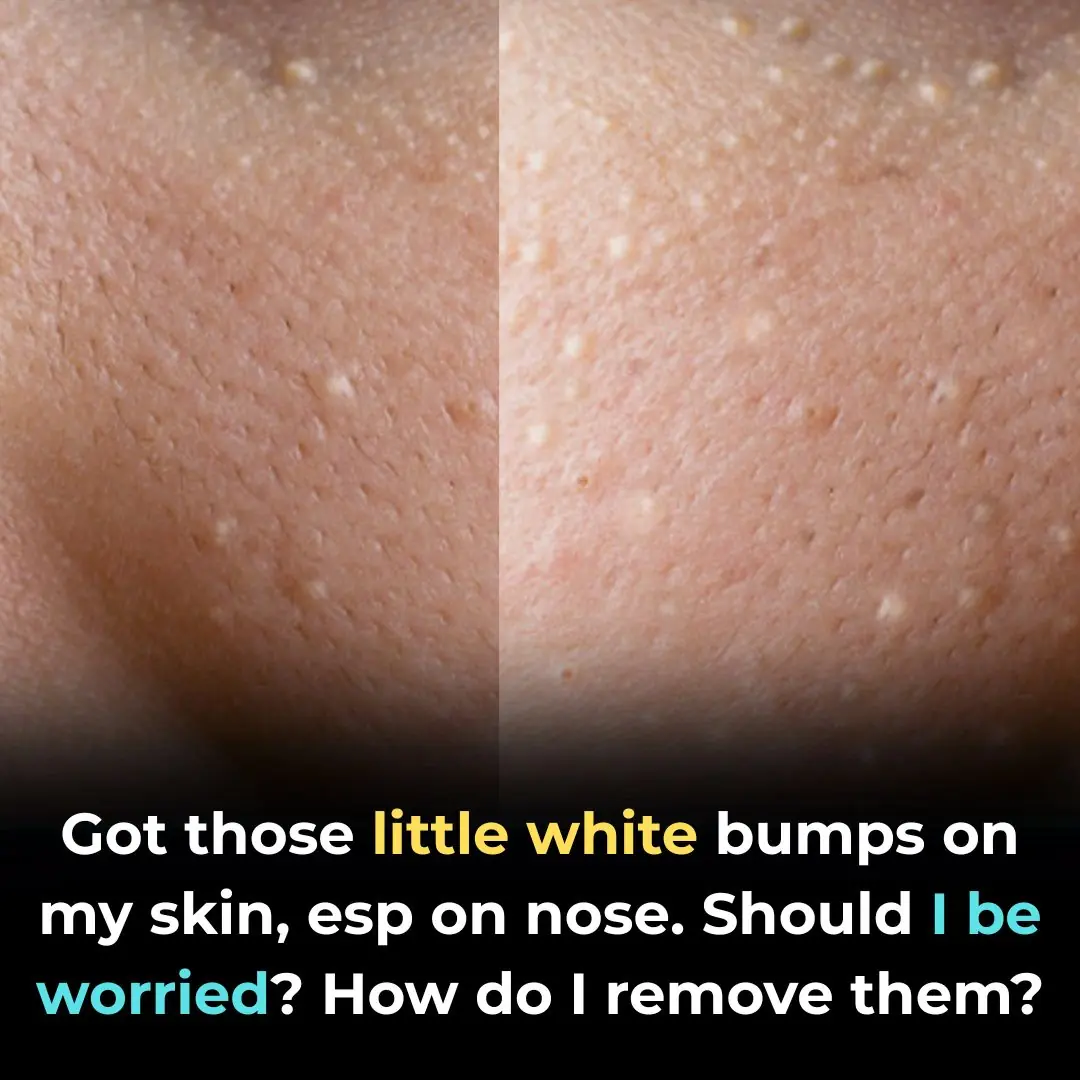
White Bumps on Your Face Don’t Try to Remove Them

Signs and Symptoms That May Indicate High Cholesterol Levels
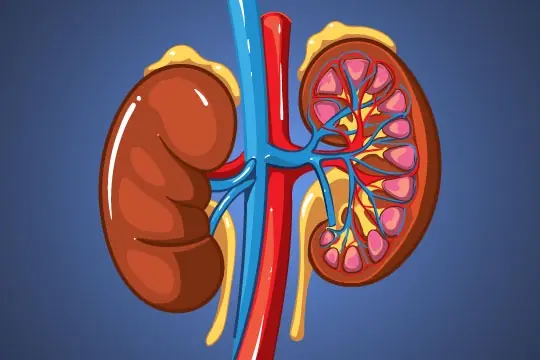
Healing Kidneys Naturally with Herbal Leaves: Supportive Strategies
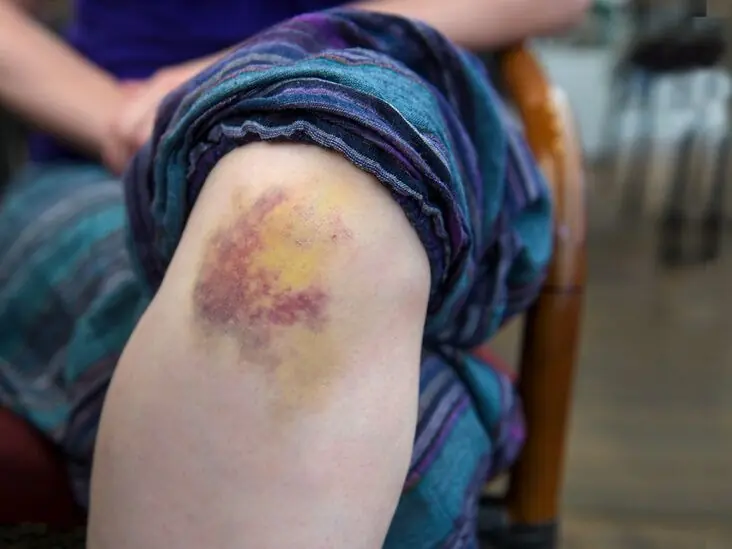
If Bruises Keep Showing Up Out Of Nowhere This Is What It Means for Your Health
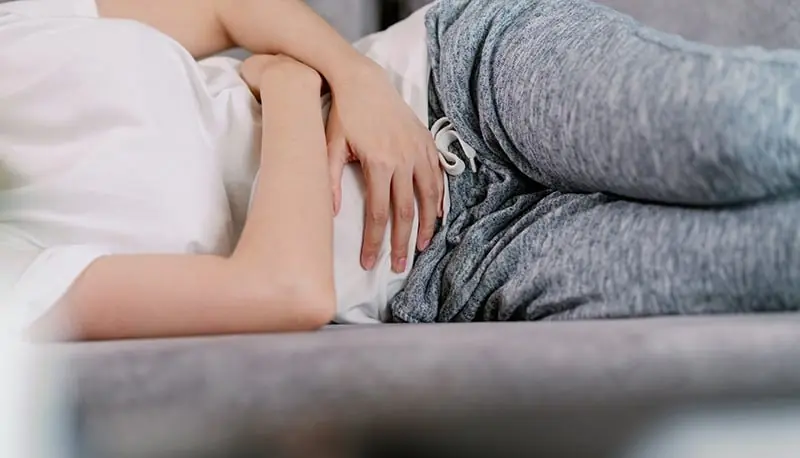
8 EARLY WARNING SIGNS OF OVARIAN CANCER WOMEN SHOULD NEVER IGNORE THESE
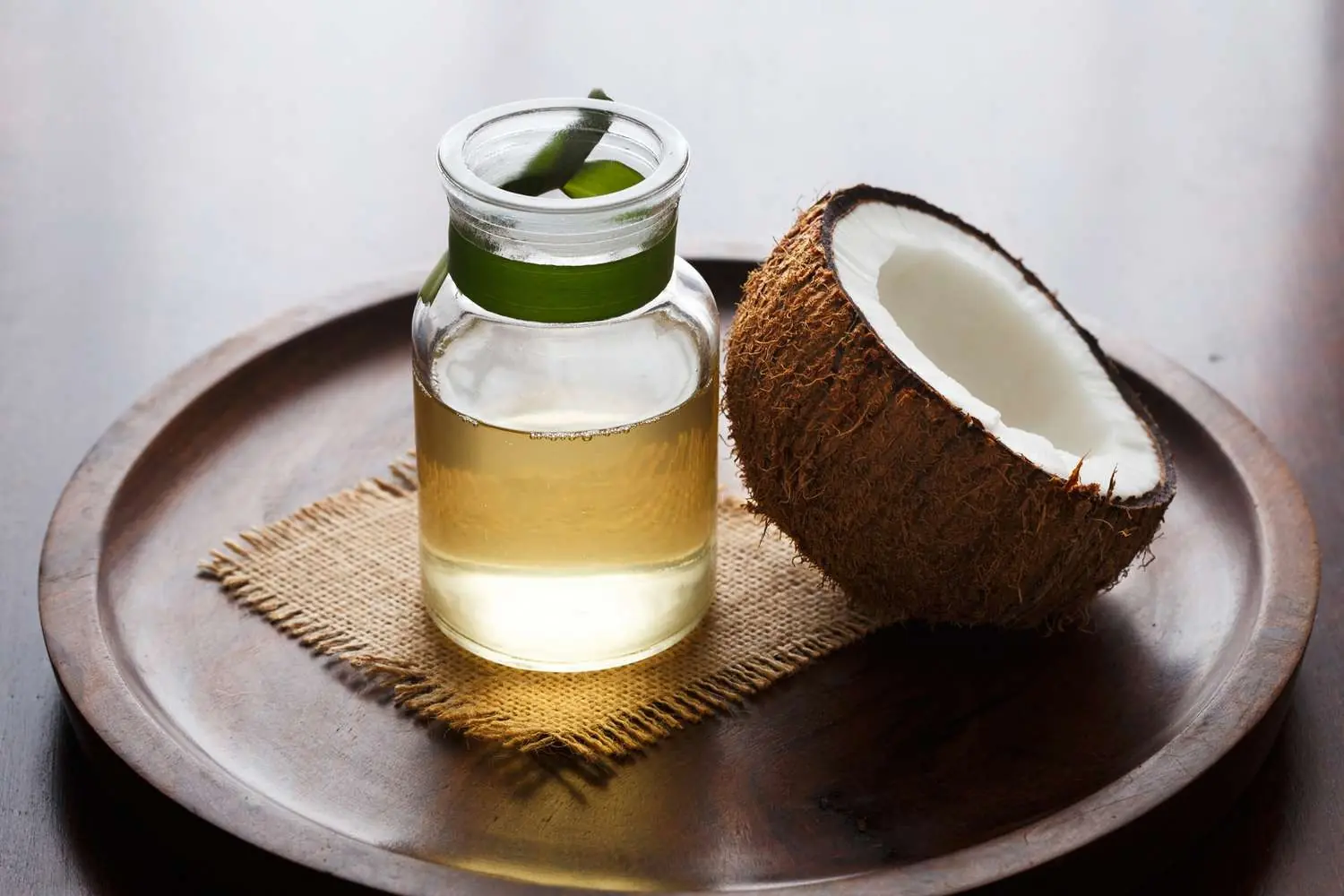
6 Ways Coconut Oil Can Benefit Those With Thyroid Problems
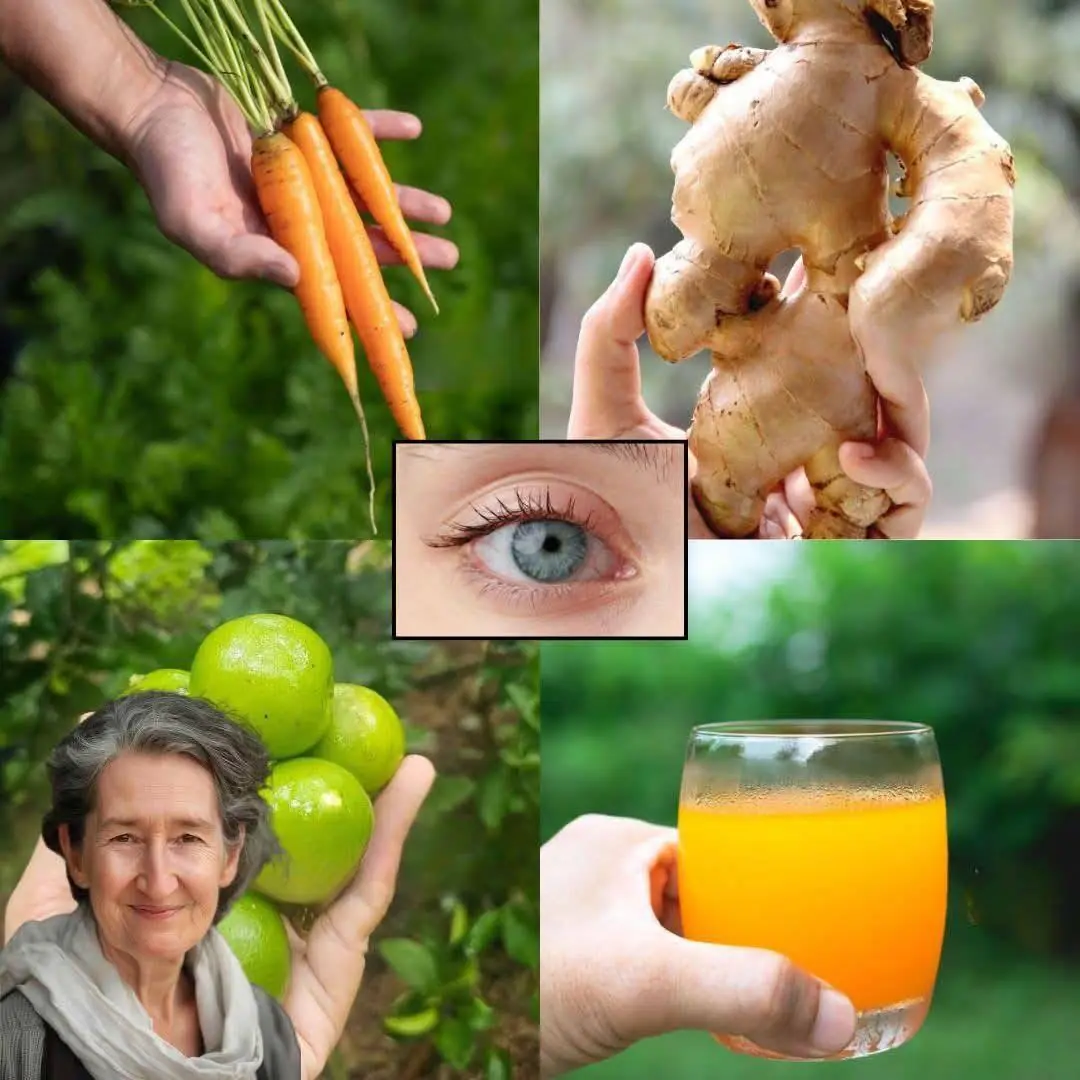
Top 5 Drinks To Improve Vision Naturally (Science-Backed)
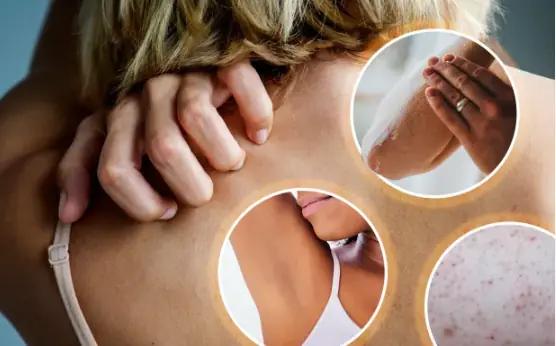
12 Surprising Skin Changes That May Signal Diabetes (A Must-Know Guide)
News Post

Just Add a Few Drops of This When Frying Eggs — They Puff Up Fluffy and Soft, Two Eggs Seem Like Four

KISS legend Gene Simmons, 76, hospitalized after scary car crash in Malibu

Pick your wing to reveal who your guardian angel is

Little Button on Your Seat Belt

Papaya Leaves: Do Not Make This Hair Treatment if You’re Not Ready for Extreme Hair Growth

Kylie Kelce has the best reaction to Taylor Swift’s raunchy ‘Wood’ song about brother-in-law Travis

DIY Tomato and Turmeric Cream for Glowing Skin and Pink Lips

50 Cent's extreme body transformation left people questioning whether it was actually real

NASA astronaut going to the Moon next year reveals bizarre act he plans to do moments before takeoff

12 Weird Diabetes Skin Problems You Need To Know

Doctors REVEAL that guava leaf tea causes in...

Simple Ways to Lower Cholesterol Naturally

The Greyhound and the Rabbit: An Unlikely Pair That Proved Love Has No Boundaries

10 Simple Lifestyle Changes That Drastically Reduce Your Stroke Risk

How the sandstone pillars of Monument Valley were actually formed

Four Boys, One Dog, Endless Courage

20+ Iceland Photos You Won’t Believe Are From This Planet

The Cop Who Fixed a Taillight and Lost Everything.

Ginger and Red Date Tea: The 97-Year-Old Grandma’s Secret Longevity Drink
